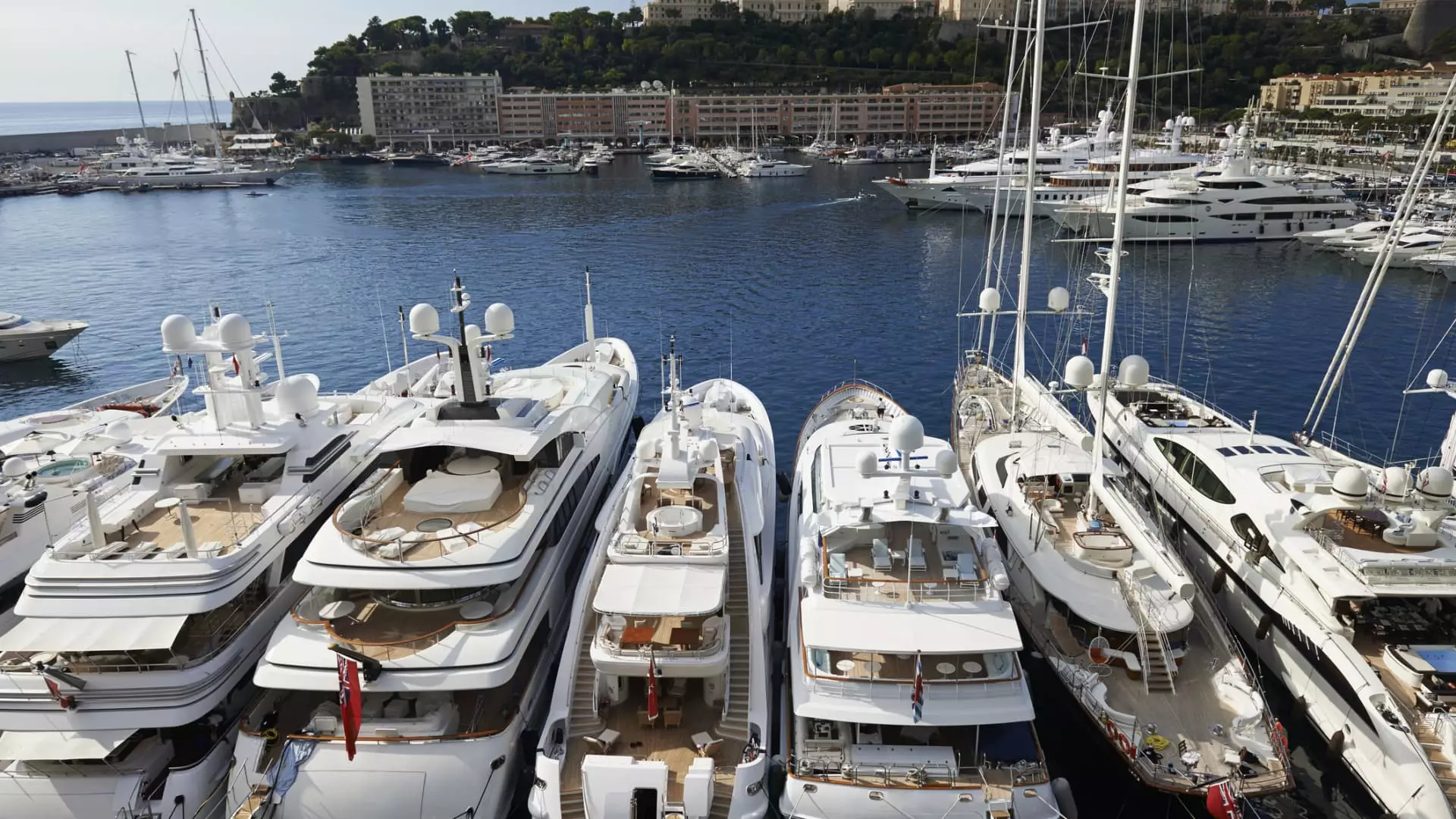The recent announcement of a 15% tariff on European-made recreational boats and yachts by the United States represents more than just a simple tax hike—it signals a troubling shift toward protectionism that imperils longstanding international trade relationships. European shipbuilders, who have historically relied on the U.S. as their most lucrative market, now face an uncertain future as their prized craftsmanship becomes increasingly inaccessible to American buyers. This move highlights a troubling trend of economic nationalism that prioritizes short-term political gains over pragmatic global commerce. It is a clear sign that, even in the luxury sphere, policies driven by protectionist instincts threaten to unravel decades of mutually beneficial economic cooperation.
## The High Cost of Nationalistic Policies for the Wealthy and Industry
While one might assume that multibillionaire yacht owners are immune to tariff hikes, their purchasing power doesn’t negate the disruptive ripple effects. An extra 15% on a multi-million-dollar vessel might seem insignificant to the ultra-wealthy, yet it fundamentally alters the calculus of luxury consumption. Buyers are already scrutinizing recent contracts, eager to minimize costs amidst mounting economic uncertainty. This shift reflects a broader pattern: the wealthy, often portrayed as insulated from economic downturns, are strategically navigating the new protectionist landscape—altering registration methods to sidestep tariffs, or delaying purchases altogether. Such tactics underscore a troubling truth— that geopolitical decisions rooted in economic nationalism are creating a privileged class that can manipulate structural loopholes, widening the gap between the elite and the rest of society.
## Global Regulatory Evasion and Its Consequences
In practice, the only real escape route for the wealthy seeking to dodge tariffs is through foreign flagging—registering yachts in jurisdictions like the Cayman Islands, Malta, or Jamaica to avoid crossing U.S. customs borders. This strategy, while legal, exposes a profound flaw: it incentivizes tax and regulatory arbitrage, undermining the very principles of fair trade. It also complicates legal oversight, potentially destabilizing maritime regulatory frameworks and setting a dangerous precedent for other luxury markets. The implications go beyond tariffs—they threaten to erode the integrity of international maritime law and encourage a shadowy loophole economy that favors the powerful elite at the expense of broader economic stability.
## Domestic Industry and the Future of U.S. Competitors
On the flip side, the tariff-induced upheaval might paradoxically enhance demand for American yacht manufacturers like Westport or Trinity. The tariffs could act as a catalyst for domestic innovation and growth, fostering a resurgence in U.S.-based luxury boat production. Yet, this potential bright spot is shadowed by the persistent threat of economic fragmentation. The disparity between imported and domestically produced yachts will deepen, further marginalizing European shipbuilders already suffering from declining sales and post-pandemic hardships. Such a scenario risks creating a bifurcated market: one where a privileged minority can afford to circumvent restrictions and another where the average wealthy consumer or smaller buyer faces insurmountable cost hikes, ultimately stifling industry growth and innovation.
## The Broader Trap of Economic Protectionism
The United States’ move to impose tariffs under the guise of safeguarding national interest illustrates a wider trend of economic protectionism that undermines multilateral trade relations. Rather than fostering healthy competition, these measures sow discord and incentivize evasion. While the argument might be made that tariffs protect jobs and domestic industries, they often backfire, reducing choice and increasing costs for consumers—including the ultra-wealthy who form the backbone of the luxury market. In this context, protectionism fosters a fragmented global economy, where exception-making and illicit strategies become the norm rather than the exception, further incentivizing the inequality embedded within these policies.
## Repercussions Beyond the Luxury Market
Such tariffs are more than just economic disruptions—they threaten to reshape the political landscape, fueling nationalism and suspicion between nations. The adverse effects extend beyond yachts and marine crafts; they symbolize a broader retreat from free trade that could hinder innovation, inflate prices, and stifle international cooperation. The luxury yacht industry serves as a microcosm of this larger dynamic: a sector reliant on global interconnectedness, now navigating a landscape riddled with barriers and loopholes. As the world leans toward protectionist policies, the long-term competitiveness and cultural exchange facilitated by free trade are placed in peril, with the wealthy and the industry bearing the brunt of these misguided political maneuvers.

